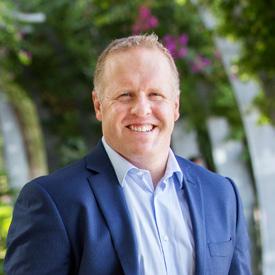COMMUNITY, CLARITY AND CONTEXT; ADDRESSING THE HIDDEN BURDENS OF CANCER CARE















It is estimated that 162,000 new cancer cases will be diagnosed in 2022 and an estimated 50,000 people will die. While the long-term impact of COVID-19 on cancer outcomes will not be fully realised for several years, together we must be prepared for a surge of late diagnoses and ready to treat and support the patients of tomorrow.
Cancer patients face a complex health system. Patients living in metro areas often have to navigate both the public and private sectors, while patients in regional and remote areas must also navigate care across different geographic locations. Cancer care is delivered in a variety of settings and involves a range of services including screening, diagnosis, treatment (surgery, systemic therapies and radiation therapy), rehabilitation, supportive care, and palliative and endof-life care. It has long been acknowledged that each service involved cannot be viewed in isolation. Furthermore, treatments and technologies continue to progress, rapidly changing the way care is being delivered.
As a leading comprehensive international cancer care provider, Icon Group’s mission is to deliver the best care possible, to as many people as possible, as close to home as possible. We believe in a patient-centred approach to care and base everything we do on improving patient outcomes.
On 2 June 2022, Icon Group brought together leading advocacy groups in a collaborative effort to discuss ways to improve cancer care across Australia. The conversation was focused on findings from Icon Group’s commissioned national YouGov survey that covered the perceptions around current cancer care and the hidden burdens faced by patients, with a view to drive informed decision-making and close the gap in care post-pandemic.
Despite Australia having one of the best healthcare systems in the world, over half of the survey respondents experienced barriers to getting the care they wanted. A majority noted the complexities of navigating cancer screening, diagnosis, treatment and beyond, as well as the difficulties of managing life around their care.
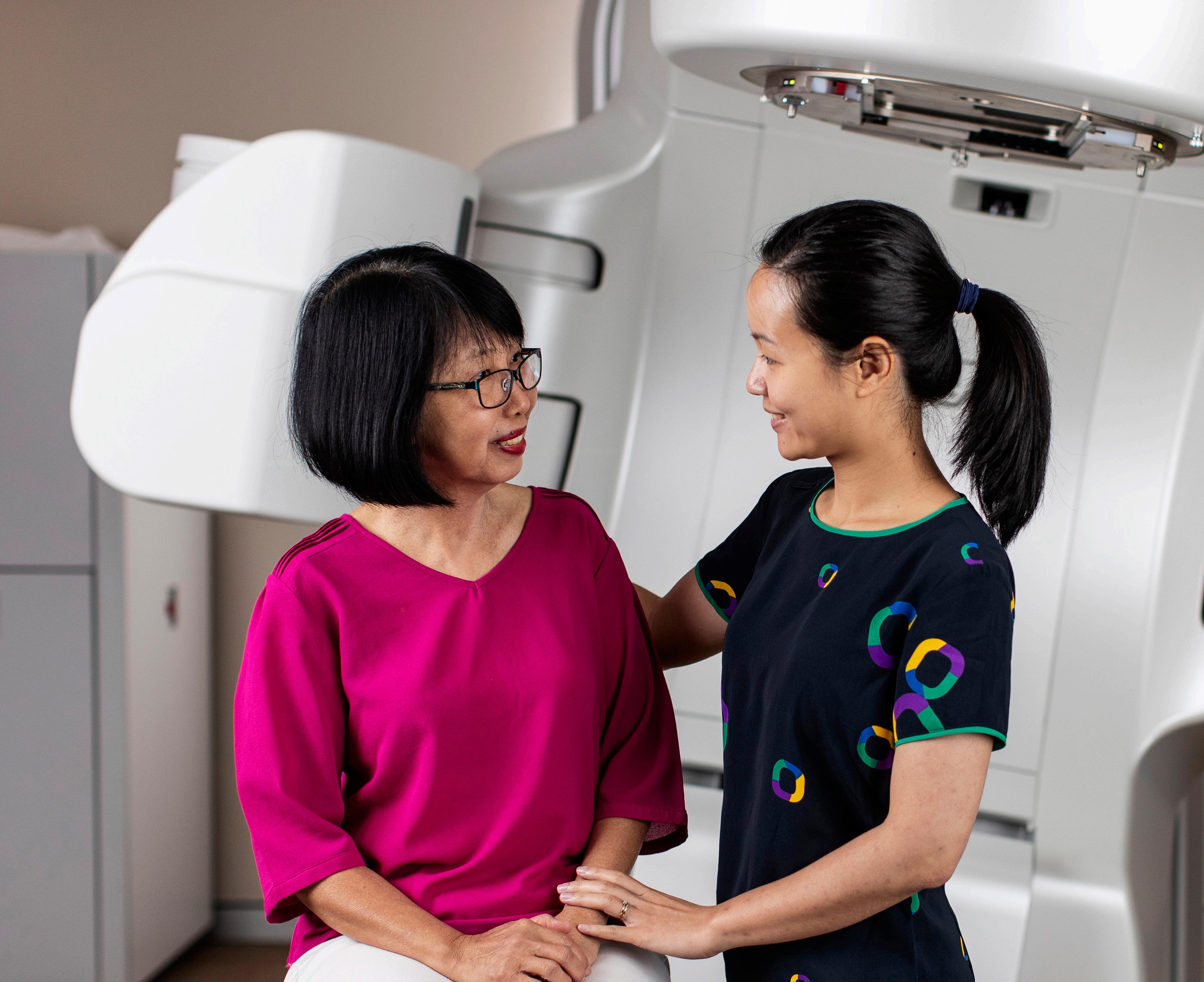
• The most cited aspects are living life around their cancer care (45%), the direct cost of treatment (40%), pre-diagnosis e.g., concern, discomfort and pain (34%), deciding on the right treatment pathway (28%) and finding the right healthcare professionals (20%)
Living life around my cancer care
Living life around my cancer care
The direct cost of treatment
The direct cost of treatment
Pre-diagnosis
Pre-diagnosis
Deciding on the right treatment pathway
Deciding on the right treatment pathway
Navigating the healthcare system
Navigating the healthcare system
Finding holistic support
Finding holistic support
Finding the right healthcare professionals
Finding the right healthcare professionals
Other
Other
Living life around my cancer care
Living life around my cancer care
The direct cost of treatment
The direct cost of treatment
Pre-diagnosis
Pre-diagnosis
Deciding on the right treatment pathway
Deciding on the right treatment pathway
Navigating the healthcare system
Navigating the healthcare system
Finding holistic support
Finding holistic support
Finding the right healthcare professionals
Finding the right healthcare professionals
Other
Other
HARDEST PARTS OF THE CANCER EXPERIENCE
(among those with bowel or colorectal cancer who found aspects hard to deal with)
HARDEST PARTS OF THE CANCER EXPERIENCE
(among those with breast cancer who found aspects hard to deal with)
• Common barriers include a lack of integration/communication of information between different healthcare teams and providers (20%), difficulties in scheduling screenings/ tests and treatments due to COVID-19 restrictions (19%) and a lack of reliable and timely information (18%)
• Patients diagnosed more than five years ago are more than twice as likely as those diagnosed in the past year (27% compared to 13%) to cite the lack of integration/ communication of information between different healthcare teams and providers. Although this highlights improvement, more needs to be done to improve care
• Close to three in ten (28%) didn’t feel well informed and involved throughout their cancer care experience, with more than one in five (22%) admitting they relied on their doctors and healthcare professionals to make decisions about their cancer care
• Regional and rural patients felt less informed than metro patients (26% compared to 17%) when making decisions about their cancer care in areas such as cost, knowledge around treatment options, education and support
• The most cited considerations are understanding the treatment pathway (60%), ensuring a strong network of support (58%), looking for specialists with the right expertise (52%), understanding the costs involved (43%) and understanding the different healthcare options that are available (43%)
• Patients diagnosed in the past year are more likely than those diagnosed more than five years ago to cite finding the best ways to communicate with the care team (38% compared to 27%)
The independent study was conducted online between 10 December 2021 and 6 January 2022 by YouGov.
The study was conducted using an online survey methodology targeting Australians aged 18+ who have lived with cancer (either due to a newly diagnosed cancer or recurrence) in the past ten years
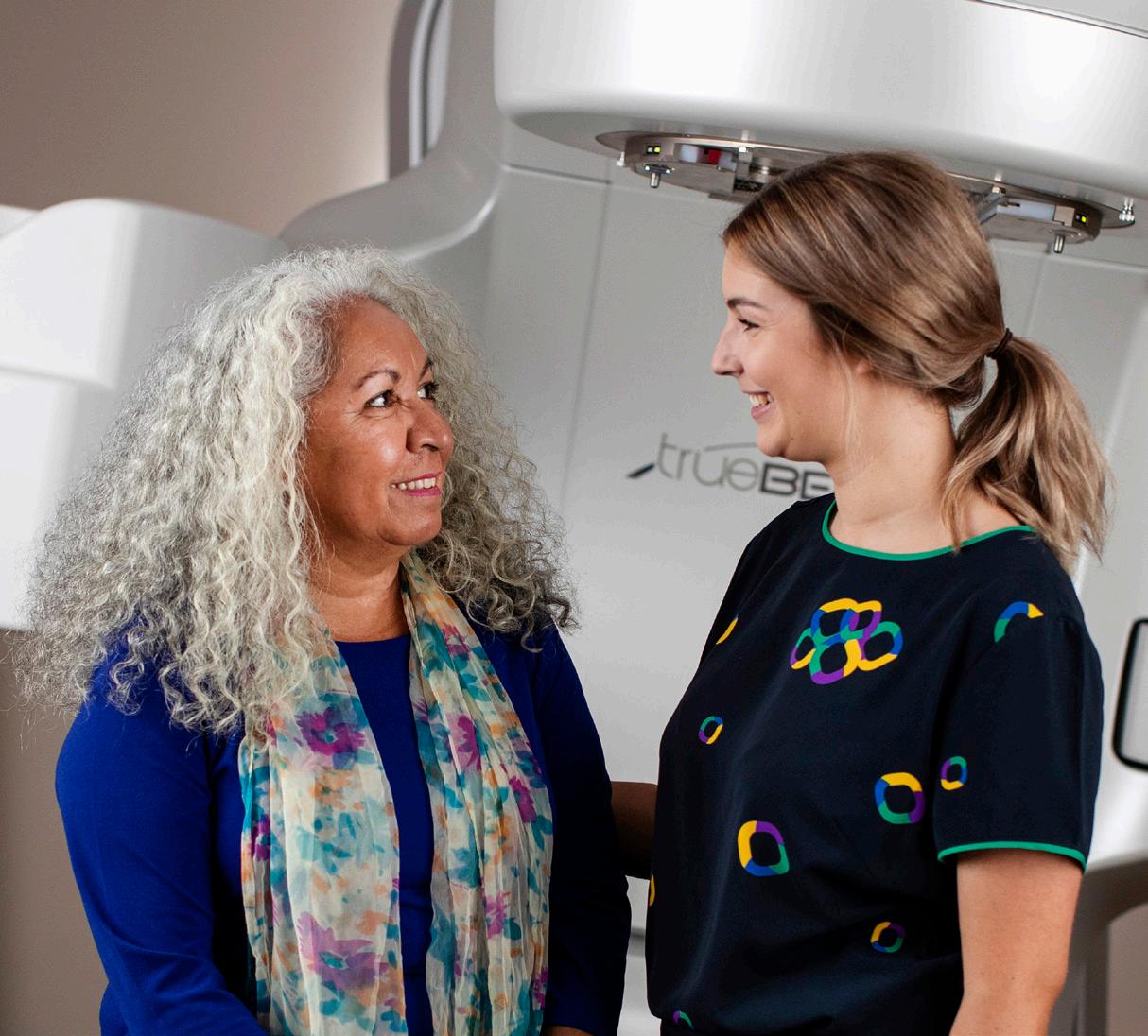
• The sample is comprised of 592 respondents, including 47 from the Icon Group network
The respondents had received their care across public and private services
• The findings have been weighted by gender and location, and the sample is representative of the Australian population aged 18+ who have lived with cancer in the past ten years
Following discussion on the hidden burdens for cancer patients with leading advocacy groups and informed by the consumer survey results, Icon Group have identified and committed to three actionable short-term solutions that can support the provision of highvalue cancer care to Australian patients into the future.
• Adjusting to life after a cancer diagnosis is difficult, so finding the right care close to home can help ease the burden on everyday life
• At the simplest level, Icon Group will work with advocacy groups to meet with their local support representatives and ensure strong and collaborative relationships with our local leaders to ensure the best patient care at a local and regional level
• We will foster local and regional forums that bring all cancer care stakeholders together (leaders across treatment providers, advocacy and support groups, and other major stakeholders directly involved in patient care e.g., cancer care coordinators). These forums will provide the opportunity for open discussion and collaboration to proactively close gaps in local care
• Providing quality patient information is key to supporting patients to make well informed decisions around their care
• As a next step, Icon Group will work with advocacy groups at a national level to understand the breadth of their services and information. This will be used to develop clear pathways that facilitate getting the right information and support to the patient at the right time
• The growing complexity of cancer treatment underpins a need for new models of supportive care
• Icon Group are committed to exploring collaborative investigator-initiated research and pilot programs that quantify the value of new models of sustainable supportive care
• Beyond this, we have a collective commitment to use this research and framework for future lobbying purposes
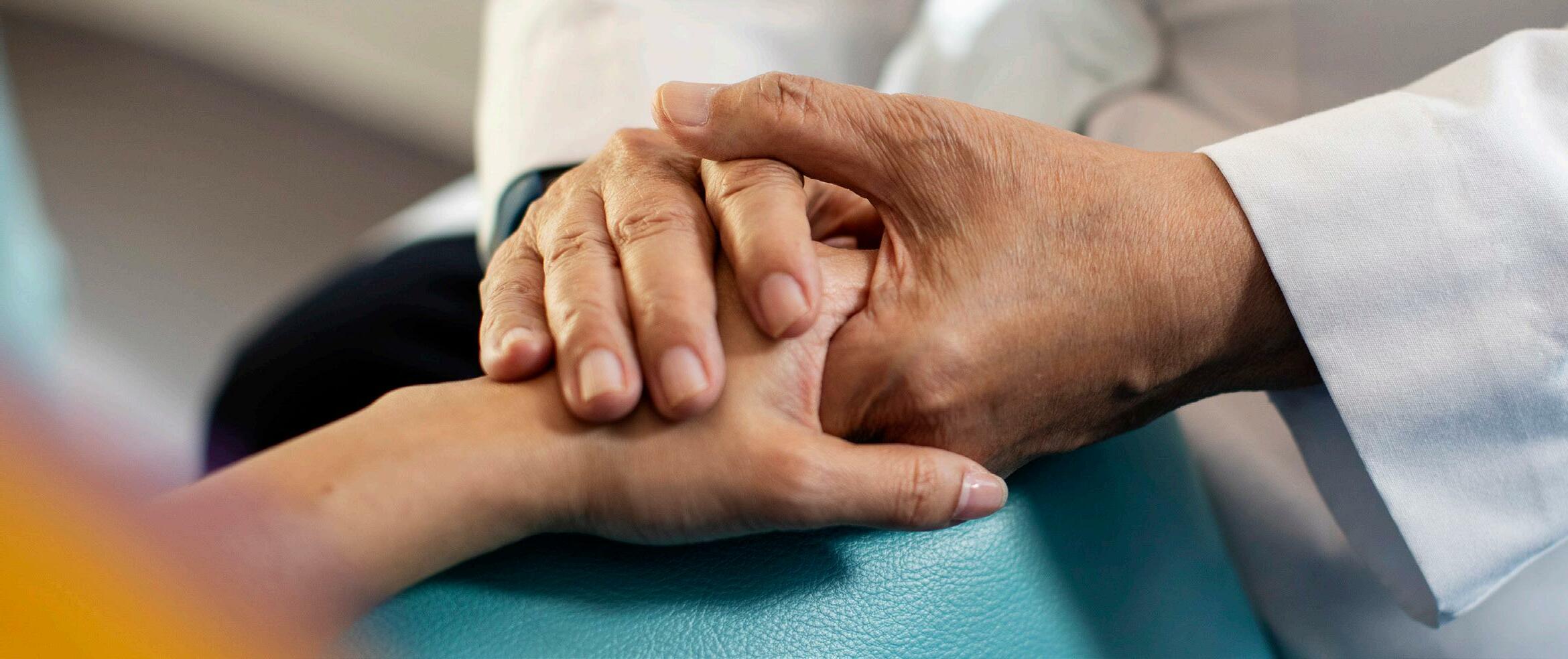

“A diagnosis of prostate cancer is a major life stress, with impacts that go well beyond the clinical disease. Many men find it difficult to make decisions about their treatment, which can make it challenging for patients to navigate the health system and access the services and information they need, when they need it. The only way to overcome this barrier is to work in partnership, by supporting the man while treating his disease.”
ANNE SAVAGE, CEO, PROSTATE CANCER“At the moment, the way that most people who are living with cancer are connected to non-government and non-health provider organisations is though their clinician or their service provider. If we systemise the way in which people are directed to the right cancer organisation to meet their needs, this would make a huge difference. We need to make this more deliberate, people shouldn’t need to open the wrong door to be connected to the service they need. We need to do a better job at connecting and collaborating with service providers at every stage of one’s cancer journey.”
MEGAN VARLOW, DIRECTOR OF CANCER CONTROL POLICY, CANCER COUNCIL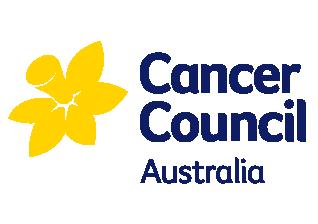
“It’s critical to have on the ground support to bridge the gap between the patient, doctors and nurses to ensure conversations around engagement with support groups and services happens throughout the entire treatment process, not just at the beginning, not just when someone finishes treatment or at the end of life.”
KATE ARKADIEFF, TRIAGE TEAM LEADER, LEUKAEMIA FOUNDATION
“What we’ve found over the years is that when patients are having active treatment (chemotherapy, immunotherapy), the support that nursing staff are able to provide focuses on in-depth education about treatment and how to manage side effects. What we don’t do so well and what we are lacking across the board, is all the other aspects of the social and practical support patients need.”
NICOLE PARKINSON, LUNG CANCER SPECIALIST NURSE, LUNG FOUNDATION AUSTRALIA“You can’t underestimate the importance of supportive care. It’s important that all Australian patients receive this care, no matter where they live.”
JANE HILL, CEO, OVARIAN CANCER AUSTRALIA“Support and education for patients is critical. Ensuring they are aware of what they are entitled to and how to access this information. How can patients get the best care if they don’t even know what is available to them?”
LANCE KAWAGUCHI, CEO, CURE BRAIN CANCER FOUNDATION“We have a real responsibility to represent and think of the people who don’t have the capacity, the health literacy, the skills, the knowledge, the experience, to be able to go speak with their healthcare professionals, to read through the reports or to look at the latest clinical trials. It’s important we arm patients with the knowledge to empower them to be active and involved in their healthcare journey.”
SAM MILLS, SENIOR POLICY OFFICER, BREAST CANCER NETWORK AUSTRALIA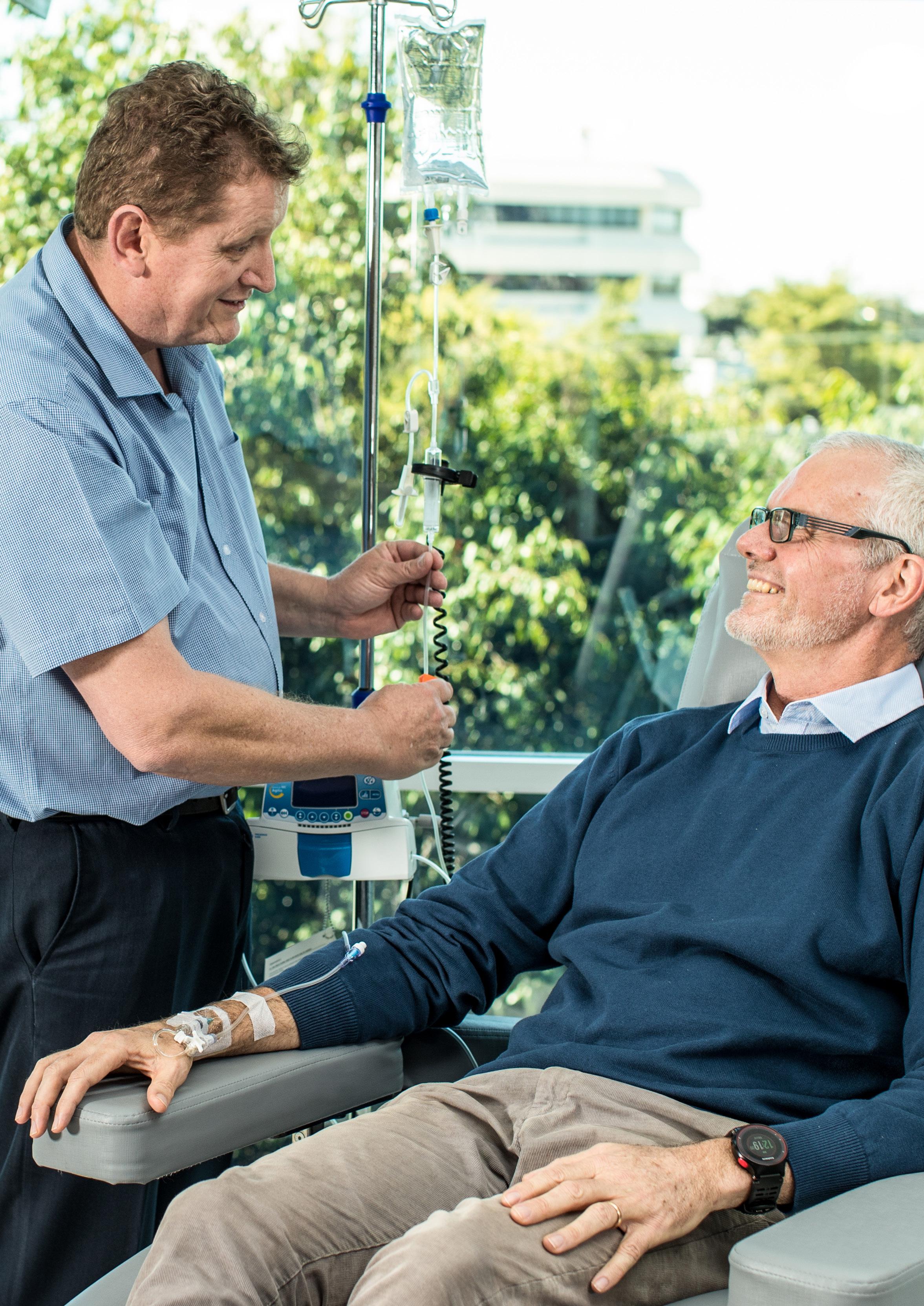

Icon Group believe that our collaboration with advocacy groups and our collective actions will improve the experience of cancer care for patients and families. Following our roundtable discussion, Icon Group have distilled the conversation into three actionable solutions under the umbrellas of Community, Clarity and Context – which lay the foundation for meaningful and positive improvements. We understand that more needs to be done to tackle the future of cancer care for patients in Australia, and this is only the first step. We look forward to facilitating connection and solidifying further informed solutions that we can take forward collectively or in smaller collaborations.
Together we can evolve the Australian cancer care landscape and improve outcomes for patients now and into the future.
Mark Middleton OAM Global CEO Icon Group